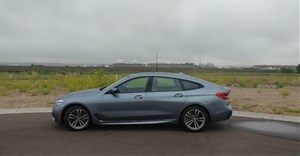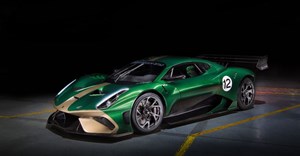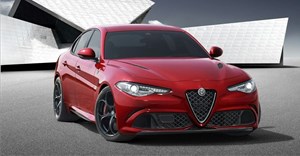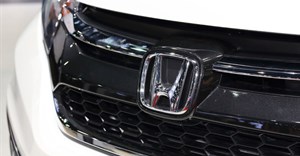
Boost for ‘green' batteries
The recent tie-up of Bosch and Samsung follows the recent trend of various auto and auto-components manufactures joining hands with consumer electronics companies to manufacture lithium-ion (Li-ion) batteries. The Li-ion batteries are used to help power the ever-increasingly popular hybrid cars, such as the GM Chevy Volt, which is already on the market, and Toyota is planning to launch a plug-in hybrid electric vehicle (PHEV) version of its Prius brand by June 2009. Demand for the Li-ion batteries is so high that it is currently outstripping supply. Earlier this year, the industry also witnessed similar tie-ups between Toyota and Matsushita, Volkswagen and Sanyo, and GM and LG amongst others.
Li-ion batteries have upside
Li-ion batteries are easy to recharge, require less maintenance and are less polluting than the currently used nickel metal hydride batteries, making them a viable and cleaner energy source for running automobiles. Li-ion batteries are being used by vehicle manufacturers to produce greener vehicles, especially PHEVs.
Apart from being advantageous in terms of ease of recharging and less pollution, Li-ion batteries also have a high energy density and hence conserve energy better, says Datamonitor automotive analyst Ruqaiya Ansari. “Given they have a potentially higher charging capacity; they are a good choice for a PHEV,” she says.
Some disadvantages also
However, these batteries do come with some critical disadvantages. One of the most significant is their safety issues. Rather worryingly, it has been discovered that these batteries have a tendency to explode in cases of over-heating. Dell computers had to recall its laptops with Li-ion batteries when cases of battery explosions emerged. Another severe limitation is the fact that the Li-ion batteries have certain transportation restrictions imposed by many countries, including the USA and the European Union, causing an impediment in their distribution. To add to the trouble of vehicle manufacturers, Li-ion batteries are about 40% costlier to manufacture and market than the traditional nickel-based batteries.
Hence, it seems that PHEVs with Li-ion batteries are nothing but a stopgap measure to combat growing ecological concerns, Ansari says. “Ultimately, vehicle manufacturers must not compromise with the safety of their vehicles. Therefore, they must focus on sourcing batteries that are safer and less expensive to produce. Otherwise, they must keep looking for other alternatives to develop PHEVs.”
About Ruqaiya Ansari
Ruqaiya Ansari is the automotive analyst at Datamonitor, a leading provider of online data, analytic and forecasting platforms for key vertical sectors.
















